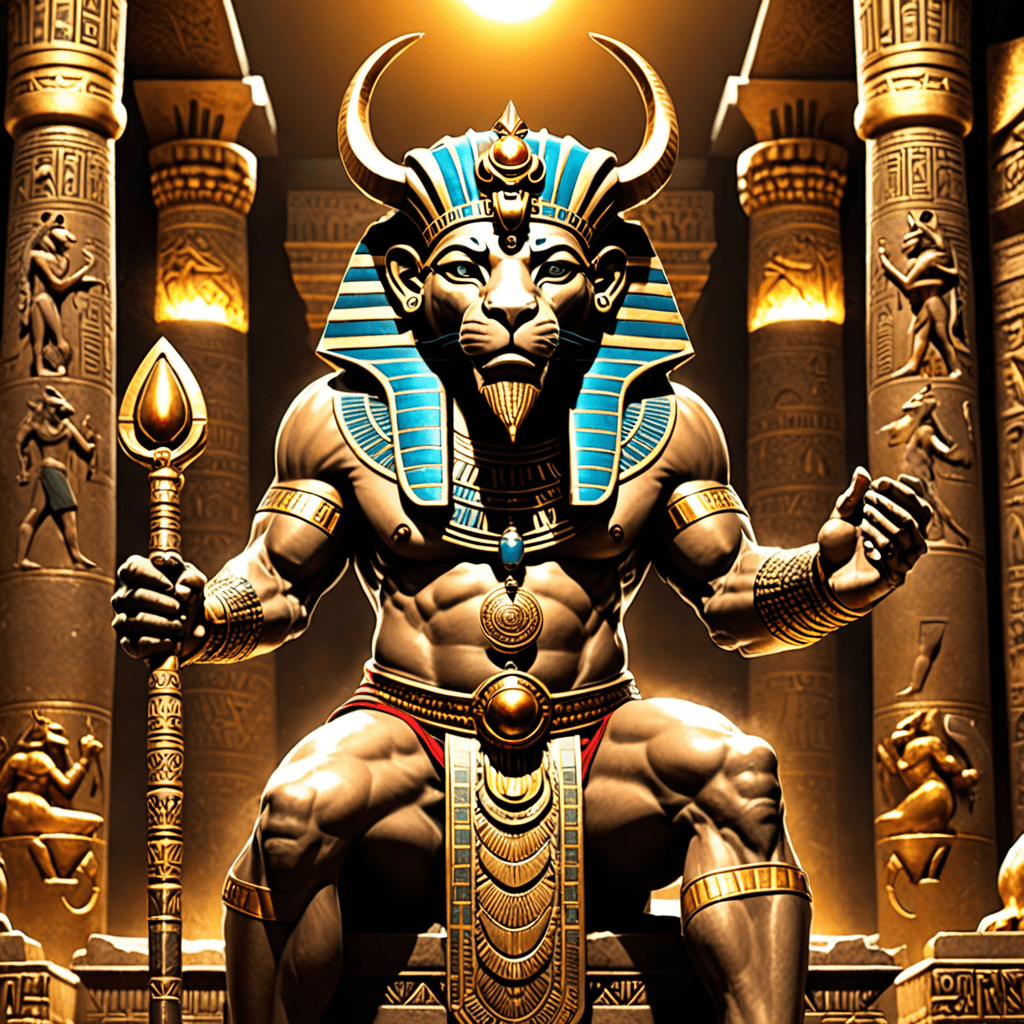Protecting Nature: Environmental Themes in South American Myths
Myths have played a central role in South American cultures for centuries, weaving together intricate narratives that reflect the people's connection to the natural world. These myths often embody profound environmental values, offering insights into the sacredness of nature and the consequences of humanity's actions upon it.
Mythos and the Natural Environment
South American myths are deeply rooted in the physical and cultural landscapes of the region. They reflect the diverse ecosystems ranging from the Amazon rainforest to the Andean mountains, often attributing human characteristics to plants, animals, and natural phenomena. This animism fosters a deep respect for the interconnectedness of all living beings.
The Spirit World and Human Relationships
Many South American myths feature a rich spiritual realm inhabited by guardians and protectors of nature. These spirits, often taking the form of animals or anthropomorphic beings, hold sway over different aspects of the environment. Myths explore the harmonious relationships between humans and the spirit world, as well as the consequences of disrupting that balance.
Taboos and Respect for the Environment
South American myths often establish sacred rules or taboos governing interactions with nature. These prohibitions, which vary according to the myth and culture, serve to protect certain species, habitats, or natural resources. Violating these taboos is believed to bring misfortune or punishment upon the transgressor.
Myths of Environmental Destruction and Restoration
South American myths also recount stories of environmental degradation and subsequent restoration. Flood and fire myths serve as cautionary tales against human negligence and overexploitation of natural resources. Conversely, creation stories often depict nature triumphing over adversity, emphasizing the resilience and regenerative capacity of the natural world.
Ecological Wisdom in Mythological Beings
South American myths embody ecological knowledge through animal spirits and mythical beings. Animals often possess unique abilities and a deep understanding of their environments, providing lessons and warnings to humans. Shapeshifting and metamorphosis in myths symbolize the interconnectedness of all living beings.
Gender Roles and Environmental Stewardship
Myths often assign distinct roles to men and women in relation to environmental conservation. Goddesses and female figures frequently represent the protective and nurturing aspects of nature. Conversely, myths may also explore the responsibilities and challenges faced by men in maintaining a harmonious relationship with the environment.
The Influence of Myth on Modern Conservation Efforts
Indigenous perspectives rooted in South American myths continue to shape conservation efforts. Recognizing the wisdom embedded in these narratives, organizations work with Indigenous communities to incorporate their traditional knowledge into sustainable practices. Storytelling plays a vital role in raising awareness and inspiring action to protect the natural world.
Myths and the Future of Environmental Protection
In the face of ongoing environmental challenges, South American myths offer timeless insights for navigating our relationship with nature. They remind us of the importance of respecting sacred laws, living in harmony with the spirit world, and embracing the wisdom of the natural world. Preserving and transmitting these myths is essential for ensuring the future well-being of both humanity and the environment.
Conclusion
South American myths provide a profound and multifaceted exploration of the relationship between humanity and nature. They instill a sense of environmental responsibility, encourage reverence for the natural world, and offer a deep understanding of our interconnectedness with all living beings. Preserving and understanding these myths is crucial for fostering sustainable practices and safeguarding the well-being of both humanity and the environment.
Frequently Asked Questions (FAQs):
Q1. What are the common themes found in South American myths about nature?
A: Themes include animism, the interconnectedness of all living beings, the role of spirits and deities, taboos and customs, myths of creation and destruction, and ecological knowledge embodied in mythical beings.
Q2. How do South American myths contribute to environmental conservation?
A: They promote respect for nature, provide guidance on sustainable practices, and inspire individuals and communities to safeguard the environment.
Q3. Why is it important to preserve South American myths?
A: Preserving these myths ensures the transmission of cultural wisdom, ecological knowledge, and traditional values that are vital for fostering a harmonious relationship between humanity and the environment.



